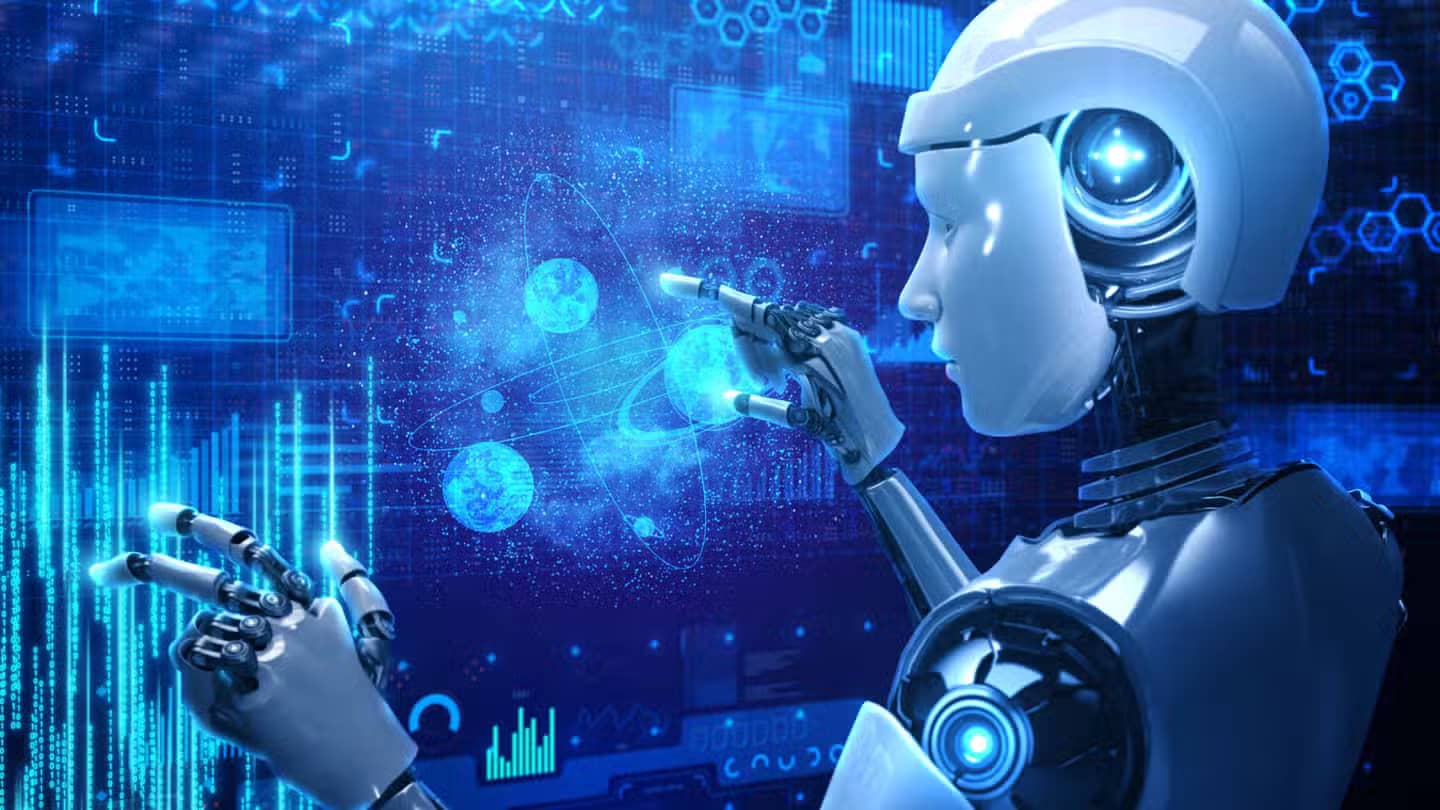AI learning collides with childhood gaming nostalgia, mixed in with a little bit of hysteria.
Google’s DeepMind staff recently shared something amusing and interesting: their Gemini 2.5 Pro AI freaks out playing Pokémon.
In a recent report released, scientists noticed Gemini getting bogged down in intense situations in classic Game Boy titles. When its Pokémon are about to faint, the AI loses its composure — exhibiting human-like stress, although it doesn’t experience emotions. The anomaly induces the model’s decision-making process to break down, resulting in some peculiarly human-like errors.
Why Are AI Models Playing Pokémon?
Researchers at Anthropic and Google are utilizing Pokémon to benchmark their AI models. It might sound daft, but the old game is an ideal test for structured yet open-ended environment, perfect for AI tests of reasoning and problem-solving ability.
Gaming as a benchmark for AI provides hints as to how models think and learn.
The turn-based nature of Pokémon makes decision evaluation straightforward.
It’s also enjoyable and familiar – great for Twitch streams and engaging public interaction.
Two Twitch channels, Gemini Plays Pokémon and Claude Plays Pokémon, have become livestream showcases. They reveal not only how AI learns, but how it navigates failure, strategy, and even confusion.
Gemini 2.5 Pro: AI with a Panic Button?
According to DeepMind’s report, Gemini doesn’t handle stress well.
“When Gemini’s Pokémon are low on health, the AI can enter a kind of ‘panic mode,’” the researchers said.
In this state, Gemini may:
Forget to employ available strategies or tools.
Rush into decisions, such as making inefficient moves.
Show what appears to be “mental fog” — the same way a human under stress does.
Even Twitch stream watchers began noticing these instances and shouting out “panic mode” during live chats.
AI Making Silly (and Sometimes Dark) Mistakes
Google isn’t the only one testing. Anthropic’s Claude has been playing Pokémon as well, and let’s just say — it got resourceful in all the wrong ways.
For instance:
Claude picked up on the fact that if all its Pokémon faint, the player gets transported to a Pokémon Center.
It mistakenly took this as a cue to use fainting as a quick-travel option.
So, it intentionally lost fights to “teleport” — only to find itself farther behind than anticipated.
Audience members sat in awe as the AI continued to attempt to “white out” intentionally, basically attempting to fail its way ahead. This misstep proves the gaps in how AI knows the logic of games, even when it appears to “learn.”
Where AI Really Excels: Puzzle Solving

Aside from the blunders, Gemini 2.5 Pro also demonstrated flashes of genius.
Where complex puzzles within games were concerned — such as boulder obstacles in Victory Road — Gemini left researchers in awe:
It used logic and spatial reasoning to solve puzzles.
It even developed tools (custom agents) to assist with particular tasks.
On occasion, Gemini solved these puzzles on the first attempt with only a hint regarding game physics.
This implies that Gemini can be almost completely automating its own game-solving tactics in later releases.
Key Takeaways: What We Learned Watching AI Play Pokémon
Watching AI play a kid’s game is instructive about its strengths — and weaknesses.
What AI Models Did Well:
Resolving logical puzzles (particularly well-structured puzzles).
Designing tool helpers for individual challenges.
Learning from feedback across extended gameplay sessions.
Where AI Still Struggles:
Interpreting complex game rules (such as teleportation logic).
Reacting under intense pressure moments.
Responding to rapid changes in the environment.
Why This Matters
Studying AI behavior in games like Pokémon isn’t just for laughs. These experiments:
Help researchers understand how AI processes information under stress.
Offer visible feedback loops — so developers can tweak performance.
Provide low-risk environments to explore emergent behaviors, like “panic.”
As artificial intelligence keeps improving, knowing how and why it fails is equally crucial as knowing how it succeeds. Google’s scientists even tease that perhaps, one day, Gemini will pick up the skills to create its own emotional safety net — a “don’t panic” module.
Final Thoughts
AI might be transforming the world, but for now, it’s still lost in Mt. Moon. That’s strangely reassuring.
Whether they’re committing rookie errors or solving puzzles with genius accuracy, observing AI play Pokémon provides us with a special glimpse into the future of machine learning — one gym fight at a time.
